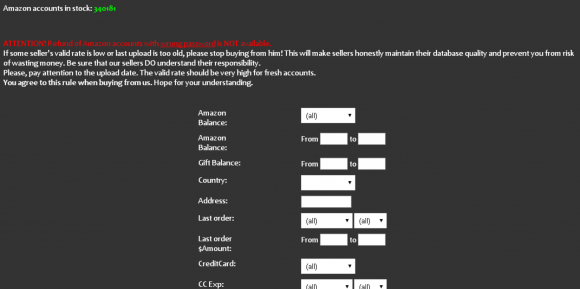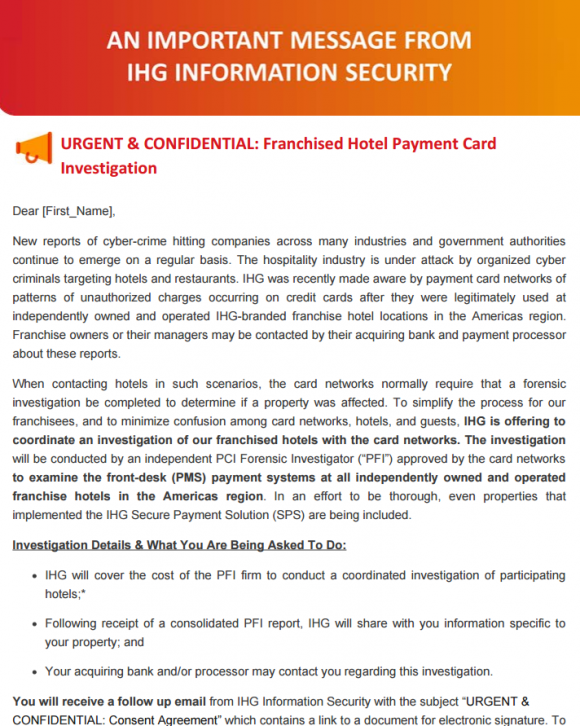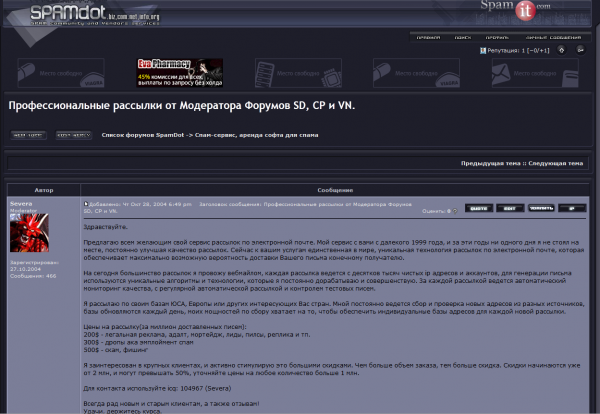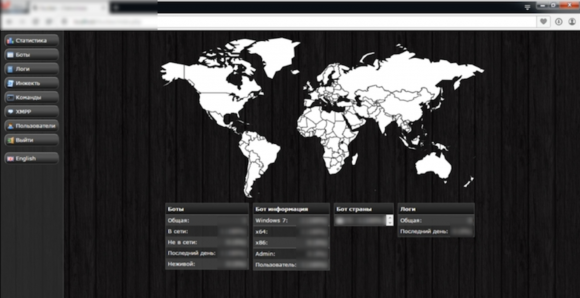Roman Seleznev, a 32-year-old Russian cybercriminal and prolific credit card thief, was sentenced Friday to 27 years in federal prison. That is a record punishment for hacking violations in the United States and by all accounts one designed to send a message to criminal hackers everywhere. But a close review of the case suggests that Seleznev’s record sentence was severe in large part because the evidence against him was substantial and yet he declined to cooperate with prosecutors prior to his trial.

The Maldives is a South Asian island country, located in the Indian Ocean, situated in the Arabian Sea. Source: Wikipedia.
The son of an influential Russian politician, Seleznev made international headlines in 2014 after he was captured while vacationing in The Maldives, a popular vacation spot for Russians and one that many Russian cybercriminals previously considered to be out of reach for western law enforcement agencies.
However, U.S. authorities were able to negotiate a secret deal with the Maldivian government to apprehend Seleznev. Following his capture, Seleznev was whisked away to Guam for more than a month before being transported to Washington state to stand trial for computer hacking charges.
The U.S. Justice Department says the laptop found with him when he was arrested contained more than 1.7 million stolen credit card numbers, and that evidence presented at trial showed that Seleznev earned tens of millions of dollars defrauding more than 3,400 financial institutions.
Investigators also reportedly found a smoking gun: a password cheat sheet that linked Seleznev to a decade’s worth of criminal hacking.
Seleznev was initially identified as a major cybercriminal by U.S. government investigators in 2011, when prosecutors in Nevada named him as part of a conspiracy involving more than three dozen popular merchants on carder[dot]su, a bustling fraud forum where he and other members openly marketed various cybercrime-oriented services.
Known by the hacker handle “nCux,” Seleznev operated multiple online shops that sold stolen credit and debit card data. According to Seleznev’s indictment in the Nevada case, he was part of a group that hacked into restaurants between 2009 and 2011 and planted malicious software to steal card data from store point-of-sale devices.
In Seattle on Aug. 25, 2016, Seleznev was convicted of 10 counts of wire fraud, eight counts of intentional damage to a protected computer, nine counts of obtaining information from a protected computer, nine counts of possession of 15 or more unauthorized access devices and two counts of aggravated identity theft.
“Simply put, Roman Seleznev has harmed more victims and caused more financial loss than perhaps any other defendant that has appeared before the court,” federal prosecutors charged in their sentencing memorandum. “This prosecution is unprecedented.”
Seleznev’s lawyer Igor Litvak called his client’s sentence “draconian,” saying that Seleznev was gravely injured in a 2011 terrorist attack in Morocco, has Hepatitis B and is not well physically.
Litvak noted that his client also faces two more prosecutions — in Georgia and Nevada, and that his client is likely to be shipped off to Nevada soon.
“It’s unprecedented, yes, but it’s also a draconian sentence for a person who is very gravely ill,” Litvak said in an interview with KrebsOnSecurity. “He’s not going to live that long. He’s going to die in jail. I’m certain of that.”
Continue reading






 Your average spam email can contain a great deal of information about the systems used to blast junk email. If you’re lucky, it may even offer insight into the organization that owns the networked resources (computers, mobile devices) which have been hacked for use in sending or relaying junk messages.
Your average spam email can contain a great deal of information about the systems used to blast junk email. If you’re lucky, it may even offer insight into the organization that owns the networked resources (computers, mobile devices) which have been hacked for use in sending or relaying junk messages.


 The biggest change this month for Windows users and specifically for people responsible for maintaining lots of Windows machines is that Microsoft has replaced individual security bulletins for patches with a single “
The biggest change this month for Windows users and specifically for people responsible for maintaining lots of Windows machines is that Microsoft has replaced individual security bulletins for patches with a single “


 “GameStop recently received notification from a third party that it believed payment card data from cards used on the GameStop.com website was being offered for sale on a website,” a company spokesman wrote in response to questions from this author.
“GameStop recently received notification from a third party that it believed payment card data from cards used on the GameStop.com website was being offered for sale on a website,” a company spokesman wrote in response to questions from this author.
